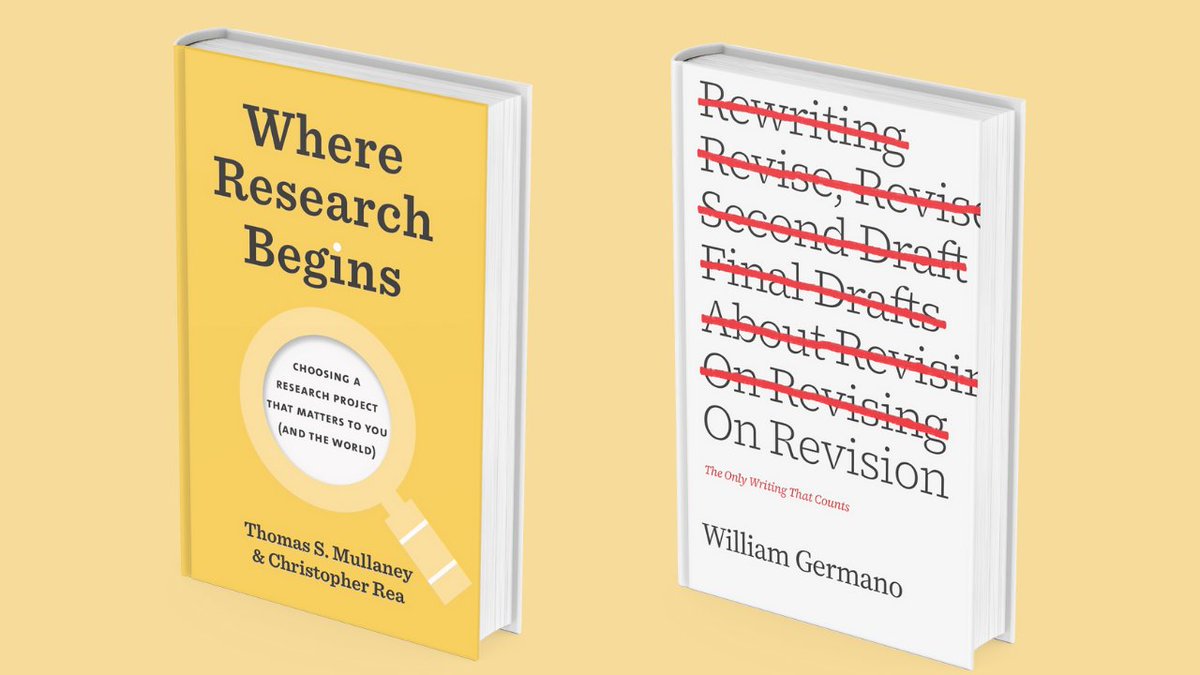
They "couldn't really tell the difference between whether I was Chinese or Japanese or Korean or if I even spoke English. They would talk very loudly and very slow."
A thread re: #MichelleYeoh & how 1 barometer of Anti-Asianism is the portrayal of Chinese-language technology /1
A thread re: #MichelleYeoh & how 1 barometer of Anti-Asianism is the portrayal of Chinese-language technology /1

Before Crouching Tiger, Hidden Dragon, Yeoh's early U.S. film debut was with the James Bond franchise. Yeoh later revealed how depleting/damaging the experience was for her.
screenrant.com/james-bond-mov… /3
screenrant.com/james-bond-mov… /3
What I recall, because of my work on Chinese IT history, was the strange cameo made by a Chinese computer, in which the presumed otherness/alterity/strangeness/absurdity of Chinese IT was on display /3 

The ridicule of Chinese IT has a *long* history, dating back to Chinese typewriting. As I tried to show in The Chinese Typewriter (@mitpress ), 1900 was a turning point where people began to deride the Chinese language/language tech as a proxy for anti-Chinese racism /4 

From 1900 into the present day, absurdist portrayals of Chinese typewriters and other information technologies became a means in "polite society" to make comments on Chinese culture, identity, race while steering clear of outright claims of racism /5 

This tradition is alive and well in the era of Chinese computing, the subject of my forthcoming book with @mitpress The ridicule of Chinese IT continues to serve as a means of advancing cultural, even racial, arguments. /6 

Rest assured, wherever you encounter portrayals like this--ostensibly "just" critiques of Chinese information technology--you are certain to find other forms of critique just below the surface. /7 

Which returns us to Michelle Yeoh and Tomorrow Never Dies. Watch it, if you haven't, and keep an eye out for this scene. It speaks volumes. /8 

For anyone interested in learning about Chinese IT history and techno-Orientalism, I'd love to hear your thoughts: amazon.com/Chinese-Typewr…
• • •
Missing some Tweet in this thread? You can try to
force a refresh










